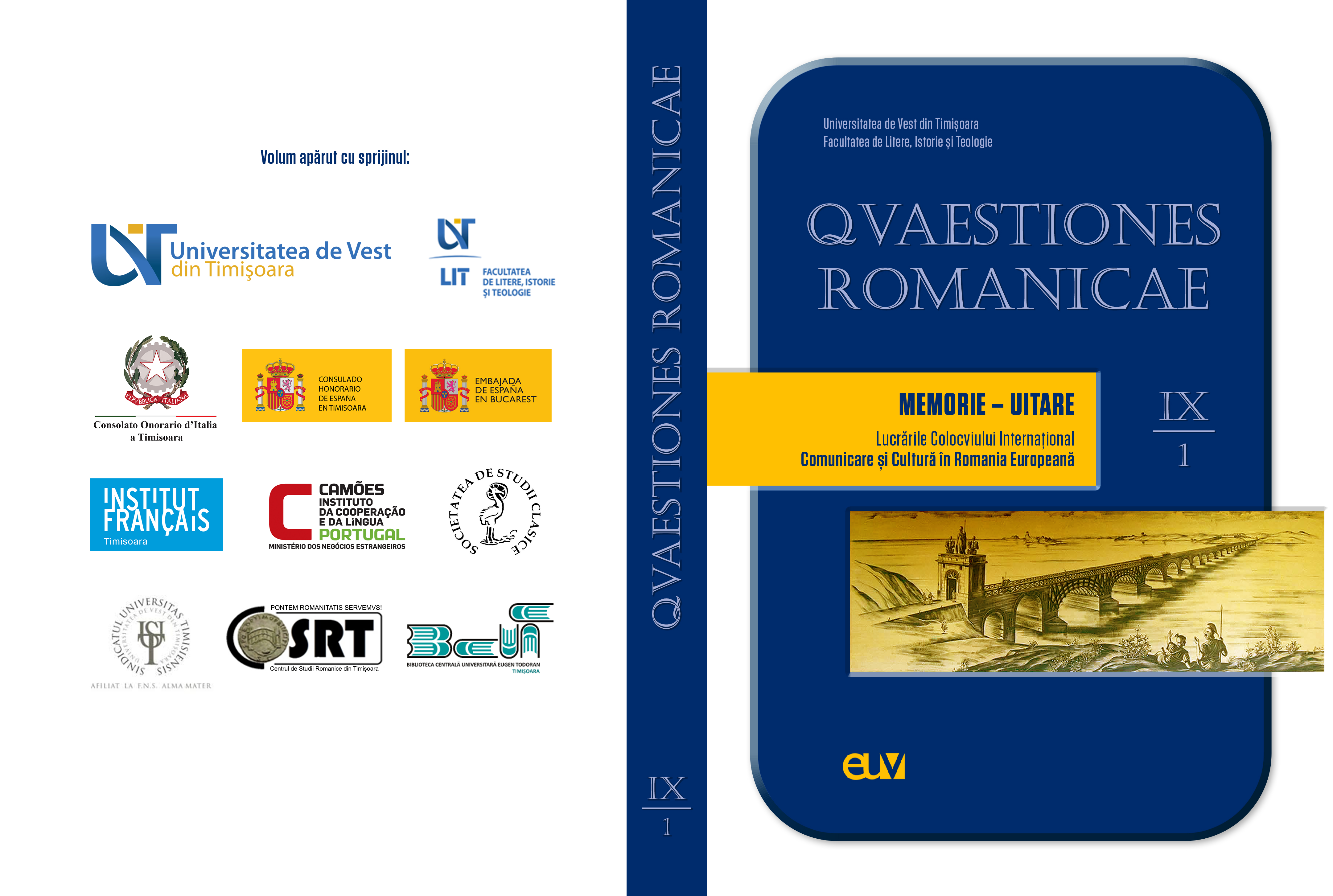Poetica avatarilor (Lecturi și perspective multiple aplicate poeticii avatarilor din lirica lui Eugen Dorcescu)
The Poetics of Avatars
Author(s): Mirela-Ioana Borchin-DorcescuSubject(s): Language and Literature Studies, Semiotics / Semiology, Metaphysics
Published by: Universitatea de Vest din Timişoara
Keywords: avatar; reincarnation; arch-memory; symbol; metaphysics;
Summary/Abstract: The poetics of avatars broadens the spiritual framework of Eugen Dorcescuʼs poetry, not in contradiction, but in association with Christian poetics. The interweaving of religious visions lies in an attempt to ensure individuation, carried out over several decades. In such an existential and artistic context, the avatar appears. His recurring presence seals the connection of the lyrical self with previous incarnations of the soul, which is not subject to death. The technique of accessing the avatars is invented by the poet and called “arch-memory”. It would be defined as an abysmal memory, able to penetrate the layers of oblivion, which block the memory of previous lives. The purpose of arch- memory is to identify the “arch-being”, in a complex process of introspection of (self)knowledge. In Eugen Dorcesccuʼs vision, avatars are living alter-egos, concomitant with the lyrical self, in artistic time and space, in fact, a non-time and a non-space, in the samsaric vastness, where the illusions of a physical nature disappear. The lyrical self-avatar synthesis corresponds to a metaphysical definition of the symbol, which belongs to Eugen Dorcescu, being formulated in Emblems of reality (1978): “The symbol is the linguistic expression of an anthropocosmic reality”. The Poet develops this symbolic, anthropocosmic experience, in a poetic abyss of avatars, organized on several levels. In this respect, the best example is the series of ocurrences from the surface structures, as well as from the deep ones: lyrical self – woolf/ knight/ troubadour; being – avatar; “arch-being” – arch. Through this ideational construction, the exit from the contingent is realized – which for Eugen Dorcescu means both poetry and metaphysics.
Journal: Quaestiones Romanicae
- Issue Year: IX/2021
- Issue No: 1
- Page Range: 191-202
- Page Count: 12
- Language: Romanian

